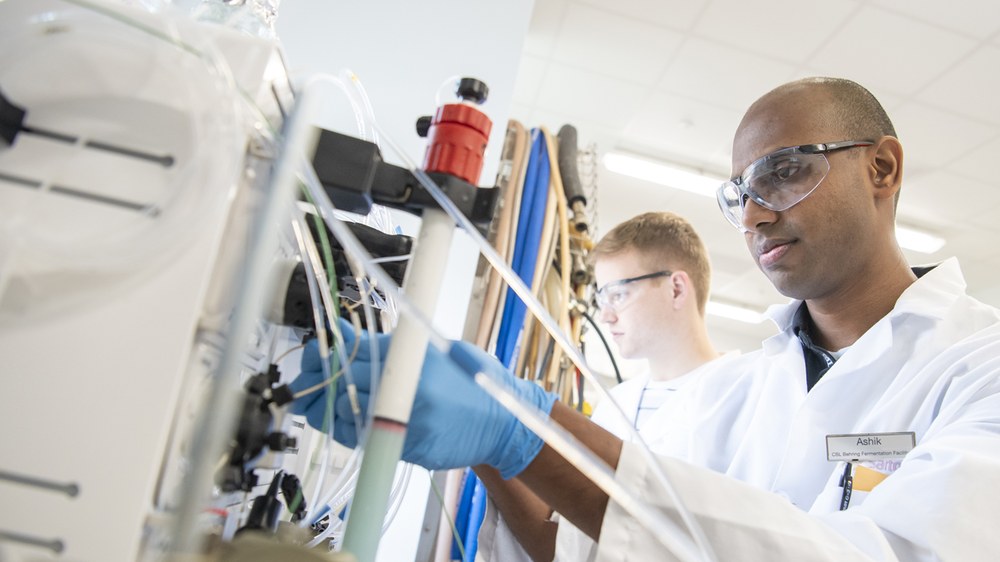Earn your graduate degree through multiple Penn State colleges. Typical specialties include biochemistry, science and engineering, molecular cellular and integrative biosciences, plant biology, and more.

Earn your graduate degree at Penn State
The Biogeochemistry Dual-Title Graduate Program involves an active and engaging graduate student community, mandatory co-advising, cross-disciplinary coursework, and opportunities for additional stipend and tuition support beyond that of a student’s home department or program. Annual events offer an opportunity to exchange ideas with biogeochemists on and off campus, including the student-organized Environmental Chemistry Student Symposium and annual mini-conferences and field trips.
Covering basic and applied aspects of ecology, with research and teaching ranging from the molecular to the biosphere level
Students electing the dual-title intercollege program in HDNRE through participating majors may earn a degree with dual-title at both the Ph.D. and M.S. levels in Forest Resources and HDNRE.
The Intercollege Graduate Degree Program in Materials Science and Engineering (MATSC) offers comprehensive graduate education in the fundamentals of materials science (synthesis-structure-property-performance relationships). It confers both M.S. and Ph.D. degrees.
An interdisciplinary graduate program encompassing: cell and developmental biology, immunology and infectious disease, molecular and evolutionary genetics, molecular medicine, molecular toxicology, neurobiology
An inter-college dual-title degree graduate program. Operations Research is the use of scientific methodology in the formulation, analysis, and solution of problems in decision making. It confers both M.S. and Ph.D. degrees.
Providing educational and research experience in molecular, cell, and evolutionary biology, biochemistry, biophysics, genetics and functional genomics, physiology, and root biology in order to help students prepare for teaching and research positions in academia, industry, and government

